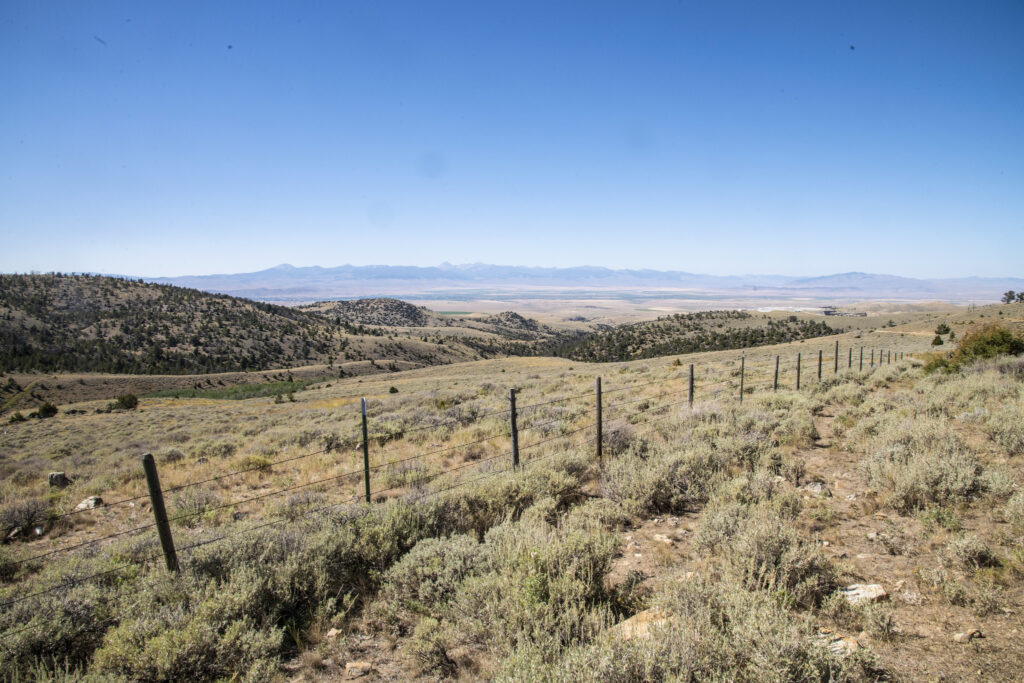A public comment submitted by PERC to the U.S. Forest Service in support of the proposed Rangeland Management Directives updates.
The Property and Environment Research Center (PERC) respectfully submits this comment to the U.S. Forest Service on the proposed Rangeland Management Directives updates. PERC is a nonprofit research institute located in Bozeman, Montana, that promotes market-based solutions to environmental problems. Founded in 1980, PERC’s mission is to improve environmental quality through markets, entrepreneurship, and property rights. PERC conducts original research that applies free-market principles to resolve environmental disputes in a cooperative manner.
PERC applauds the Forest Service’s efforts to modernize its Rangeland Management Directives (RMDs), which serve as the basis for the agency’s rangeland management program. There is a section of the proposed directives, however, that we believe warrants additional consideration. Section 13.7 would establish an official agency policy against voluntary third-party arrangements or permit buyouts by external groups. Such third-party buyout arrangements are a cooperative, market-based tool that has been used to effectively resolve conflicts over wildlife on national forest lands. We believe the agency should remove Section 13.7 from the proposed RMDs and work toward developing clearer guidelines that could help facilitate, not hinder, cooperative approaches in the future.
Voluntary buyouts facilitated by the groups such as the National Wildlife Federation and the Wild Sheep Foundation have often created win-win outcomes. In such cases, a nonprofit group negotiates with livestock producers to voluntarily relinquish a grazing permit for allotments on public lands that experience persistent conflicts with wildlife, including wolves, grizzly bears, bison, and bighorn sheep. These voluntary agreements have many benefits: Wildlife benefits from reduced conflict with livestock, and producers benefit because they are fairly compensated for voluntarily relinquishing their allotment permits and can relocate to other areas. Such tools have been especially important at reducing the risk of disease transmission between domestic sheep and bighorn sheep in a way that appeals to permittees and has empowered them to transition to grazing in other areas with less conflict.
By allowing innovative conservation organizations to bring additional voluntary tools and funding to the table to address persistent conflicts, third-party buyouts have reduced the administrative burden on the Forest Service in situations that were otherwise mired in disagreement and friction. They have also provided a good alternative to avoid or reduce litigation, which consumes agency time and resources.
We respectfully disagree with the interpretation that third-party buyouts usurp the legal authority of the agency to manage national forest system lands. The authority to honor such agreements has always rested with the agency, and even once allotments have been closed, they remain a part of the national forest system and are subject to all applicable laws and regulations that govern federal lands. We view third-party buyouts as a flexible tool that allows innovative conservation organizations to work with grazing permittees, rather than against them, to resolve land-use and human-wildlife conflict in a voluntary, market-based way when other management tools have been exhausted.
Rather than limit options that decrease conflict and encourage collaboration among organizations and grazing permittees on the ground, the agency should explore ways to provide permittees and others with an interest in resolving wildlife conflicts with more tools and opportunities to find collaborative solutions. This could include finding more ways to enable non-use of allotments, rather than encouraging permittees to opt to relinquish permits in conflict-prone areas. We respectfully request that the agency strike Section 13.7 from the proposed RMDs and work toward a solution that maintains the Forest Service’s legal authority over land management while supporting flexible, voluntary tools, including non-use of permits and third-party buyouts.
Thank you for the opportunity to provide comments on these proposed changes. We welcome the opportunity to provide additional information or to further clarify our comments.



